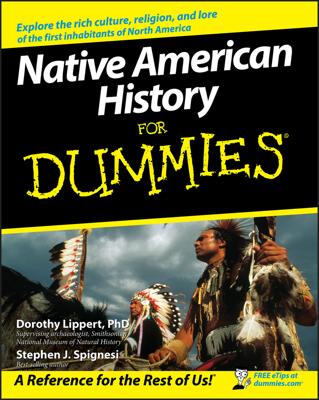It’s easy to confuse the Pilgrims and the Puritans. Both groups were moved to journey to America for religious reasons. Both were remarkably intolerant of other people’s religious beliefs. And neither was much fun at parties.
But they had differences. The Puritans were less radical and less interested in leaving the Church of England than in “purifying” it. Their leader was a well-to-do lawyer named John Winthrop. He had a lot of the qualities that came to be part of the stereotypical New England Yankee. He was deeply religious but a practical businessman.
He advocated — and put into practice — such egalitarian principles as trial by jury, yet regarded democracy as “the meanest and worst” of all forms of government. He loved his fellow man, as long as his fellow man had exactly the same morals and beliefs as he did.
Armed with a charter that gave the colonists extraordinary independence in making their own rules, Winthrop led an impressive wave of about 500 Puritans to the Massachusetts Bay colony in New England in 1630, establishing the city of Boston later that year.
An even larger group of Puritans had settled at Salem, in another part of the colony, the year before, and by 1642, as many as 20,000 Puritans had left England for America.
The Puritans established fur, fishing, and shipbuilding industries. They set up a system of compulsory free education, institutions of higher learning, and a model for what would eventually become a typical two-house state government in America. They developed crafts such as silversmithing and printed their own books.
They were also pretty puritanical. Religious dissidents, especially Quakers, were routinely banished and beaten, and sometimes hanged. “If they beat the gospel black and blue,” one Puritan minister said in explaining this treatment, “it is but just to beat them black and blue.” Adultery was punishable by death until 1632, when the penalty was reduced to a public whipping and the forced wearing of the letters “AD” sewed onto the clothing.
The impact of the Puritan society of New England was huge. In it were the roots of the modern corporate system, the representative form of state and federal government, the American legal system, and the moral conflict between wanting the freedom to think and act as you please and the authority to control how others think and act.

